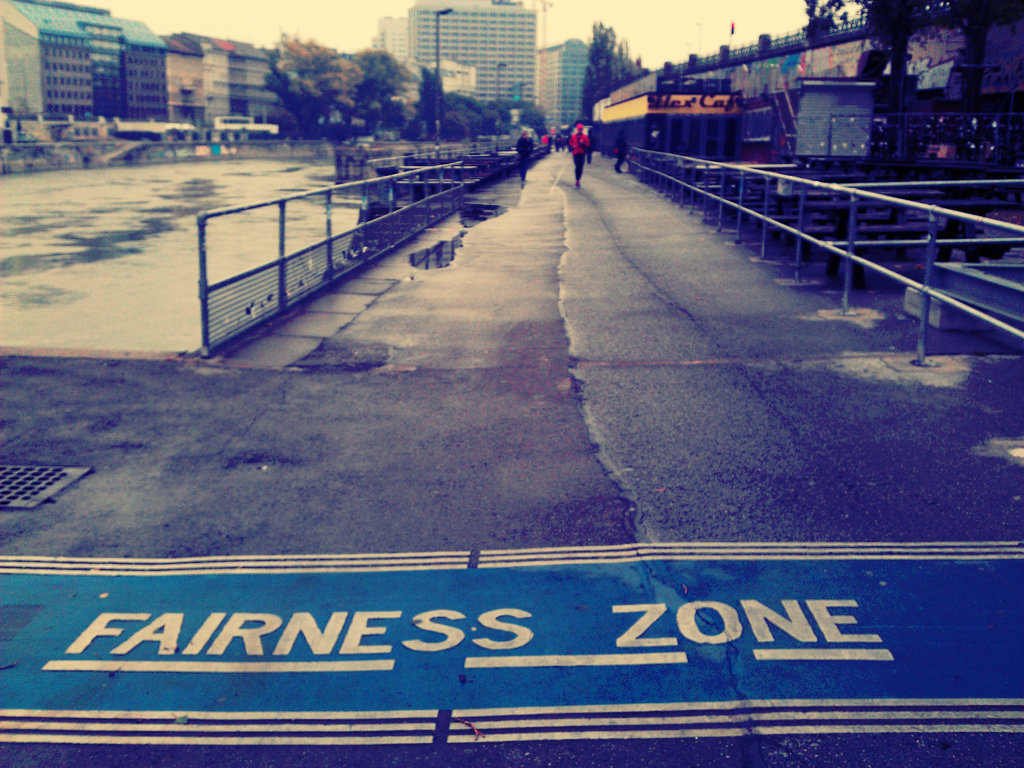Summaries of judgments made in collaboration with the Portuguese judge and référendaire of the CJEU (Nuno Piçarra and Sophie Perez)
▪
Judgment of the Court (Grand Chamber) of 21 December 2023, L.G. (Continued holding of a judicial office), Case C‑718/21 ,EU:C:2023:1015
Reference for a preliminary ruling – Article 267 TFEU – Concept of ‘court or tribunal’ – Criteria – Izba Kontroli Nadzwyczajnej i Spraw Publicznych (Chamber of Extraordinary Control and Public Affairs) of the Sąd Najwyższy (Supreme Court, Poland) – Reference for a preliminary ruling from a panel of judges without the status of an independent and impartial tribunal previously established by law – Inadmissibility
Facts
In Poland, judges who wish to continue to perform their duties after reaching the age of retirement are required to declare their wish to do so to the Krajowej Radzie Sądownictwa (National Council of the Judiciary, the ‘KRS’).
In 2020, L.G., a judge within the Sąd Okręgowy w K. (Regional Court, K., Poland), notified the KRS of his wish to continue to perform his duties beyond the date of his 65th birthday. The KRS declared that there was no need to rule on the application, after finding that it had been lodged after the expiry of the time limit imposed by law. Hearing an appeal brought by L.G., the Sąd Najwyższy (Izba Kontroli Nadzwyczajnej i Spraw Publicznych) (Chamber of Extraordinary Review and Public Affairs of the Supreme Court, Poland), turned to the CJEU to request clarification regarding the principles of the irremovability of judges and judicial independence as enshrined in EU law.
Continue reading “Summaries of judgments: L.G. (Continued holding of a judicial office) | GN (Ground for refusal based on the best interests of the child)”

